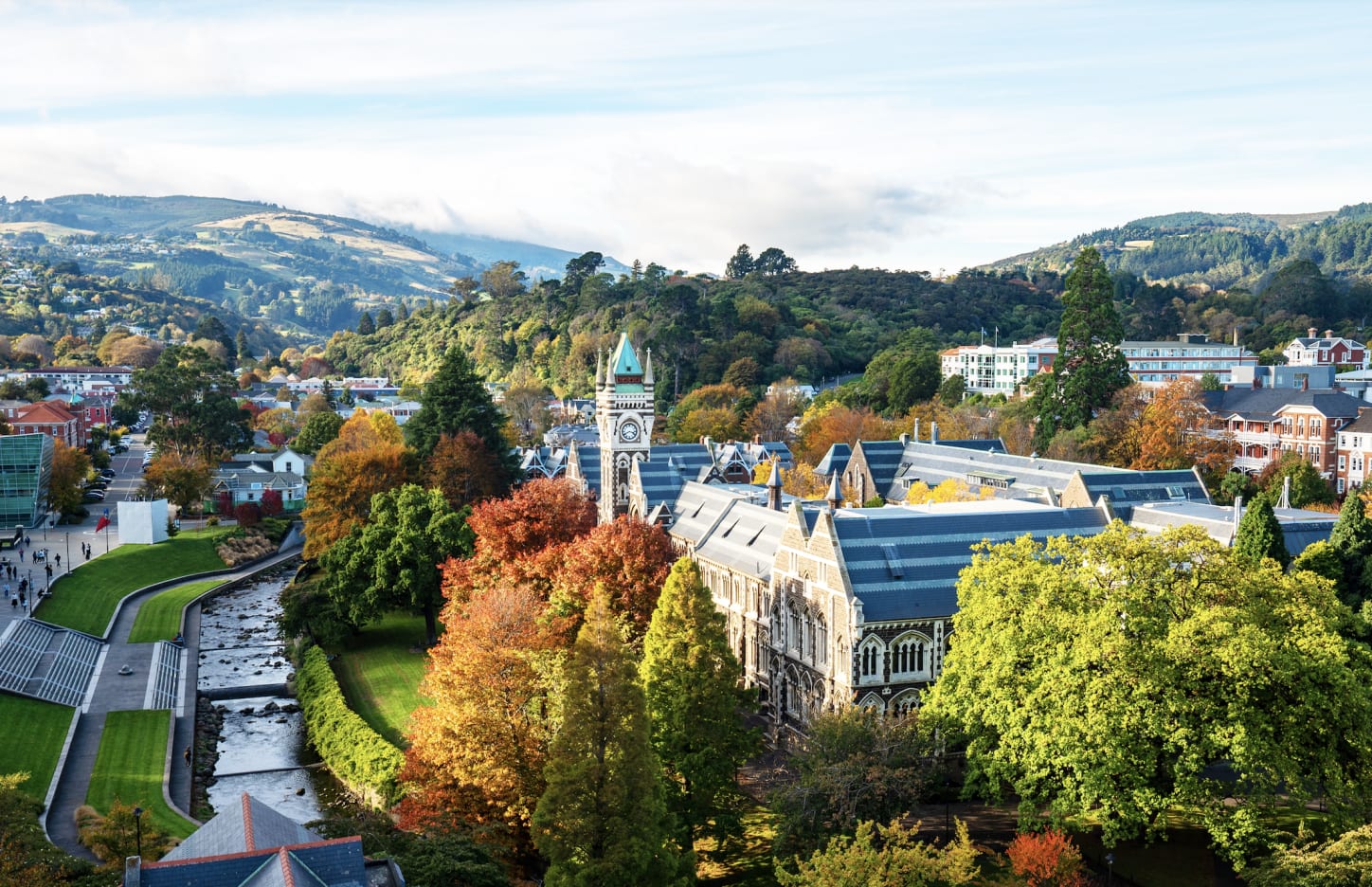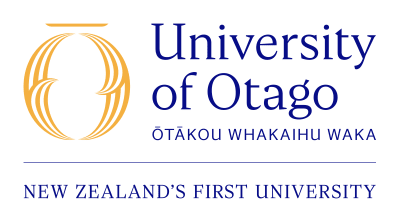
Master of Arts (Coursework) (MA(Coursework)) in Anthropology
Dunedin, New Zealand
DURATION
LANGUAGES
English
PACE
Full time
APPLICATION DEADLINE
Request application deadline
EARLIEST START DATE
Request earliest startdate
TUITION FEES
Request tuition fees

STUDY FORMAT
On-Campus
Introduction
Master of Arts (Coursework) (MA(Coursework)) in Anthropology
The Master of Arts (Coursework) Program is designed to give students the skills sought-after by employers around the globe, with a balance of specific subject knowledge plus broad-based transferable skills – such as oral and written communication, and analytical skills.
The degree is also an possible qualification for the Doctor of Philosophy (PhD).
The MA(Coursework) normally requires either 12 months or three semesters of full-time, or equivalent part-time, study and entails completion of papers and a dissertation.
The dissertation is a major piece of supervised research of up to 20,000 words.
The primary aim of the MA(Coursework) is to provide candidates with a grounding in their chosen subject area within a wider disciplinary frame. The degree cultivates the skills needed to identify a significant topic, design and implement a significant piece of research, and present the findings in a form acceptable to an expert readership.
Anthropology
Social Anthropology explores the cultural grounding of social life. By studying people who are ‘not like us’ – from whichever group of people it is that ‘we’ as researchers might belong – anthropologists learn about the surprising differences in everyday living around the world.
Otago offers a range of interesting and challenging study options within Social Anthropology. Visit our webpage to see our courses in Pacific cultures, friendship, reproduction and kinship, the anthropology of money, rites of passage, death studies, health studies, sex, cultural politics, religion and the supernatural, and anthropological technique and theory.
Admissions
Scholarships and Funding
Several scholarship options are available. Please check the university website for more information.
Curriculum
- The degree may be awarded in any of the subjects listed in the MA(Coursework) Schedule. With the approval of the Pro-Vice-Chancellor (Humanities) the degree may be awarded in a subject not listed in the MA(Coursework) Schedule.
- The Program of study shall be as prescribed for the subject concerned in Part 2 of the MA(Coursework) Schedule and shall in each case consist of a research dissertation or studio project (60 points), two 500-level HUMS papers (30 points each) from HUMS 501-503, and further papers worth 60 points at 400- or 500-level for the subject concerned, to a total value of 180 points.
- With the permission of the Dean, Director, Head of School, or Head of Program concerned, a candidate may substitute for one required paper a paper of another subject at the same level.
- A candidate shall, before commencing the research dissertation or studio option, secure the approval of the Dean, Director, Head of the School or Head of Program concerned for the topic, the supervisor(s), and the proposed course of the investigation.
- A candidate may not present a research dissertation or studio project which has previously been accepted for another degree.
Subject areas
The degree may be awarded in any of the following subjects:
- Anthropology
- Buddhist Studies
- Childhood and Youth Studies (not available in 2020/21)
- Chinese
- Classics
- Communication Studies
- Education
- English
- Film and Media Studies
- French
- Gender Studies
- Geography
- German
- History
- Indigenous Development / He Kura Matanui
- Japanese
- Linguistics
- Māori Studies
- Music
- Philosophy
- Philosophy, Politics and Economics
- Religious Studies
- Sociology
- Spanish
- Theatre Studies
Program Outcome
Level of Award of the Degree
The degree may be awarded with distinction or with credit.
Program Tuition Fee
Career Opportunities
A Social Anthropology degree provides broad- based training that can lead to a wide range of careers. Students acquire a high level of expertise in sought-after skills. These include problem-solving, analysis of information, research and writing skills, emotional and ethical intelligence, independent thinking, project management, and expertise in audio- visual presentations.
Graduates in social anthropology find work in museums, as policy advisors for the government or local bodies, in community development, the police force, and project co-ordination and management for non- governmental organisations such as Volunteer Service Abroad.
Other interesting careers include journalism, film and media industries, foreign affairs, international aid, teaching, tourism, working with refugees, disaster relief, management, historic preservation, social impact assessment, environmental management – the list is almost endless.
Program delivery
Application details
Applicants must apply online. They should also attach all the necessary supporting documents which includes scanned copies of their official high school or foundation transcripts (awards gained, marks, grades); scanned copies of the relevant official transcripts of previous university study; and provide proof of their identity this is usually achieved by providing a certified copy of the personal details page of their passport or a birth certificate (in English). Applicants may also be required to submit an Educational Credential Evaluators report (ECE). As soon as applicants have completed their online application, their proof of identity document must be posted to International Office, University of Otago, PO Box 56, Dunedin 9054, New Zealand. International student applications for semester 1/summer school study close: Oct-31; Semester 2 study close: Apr-30.
